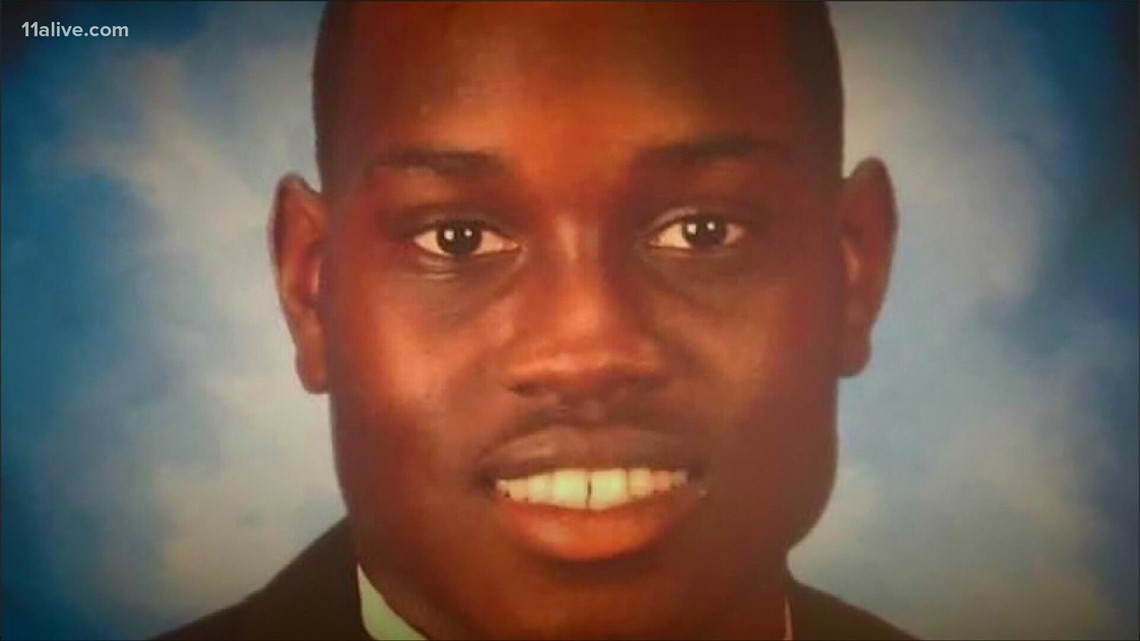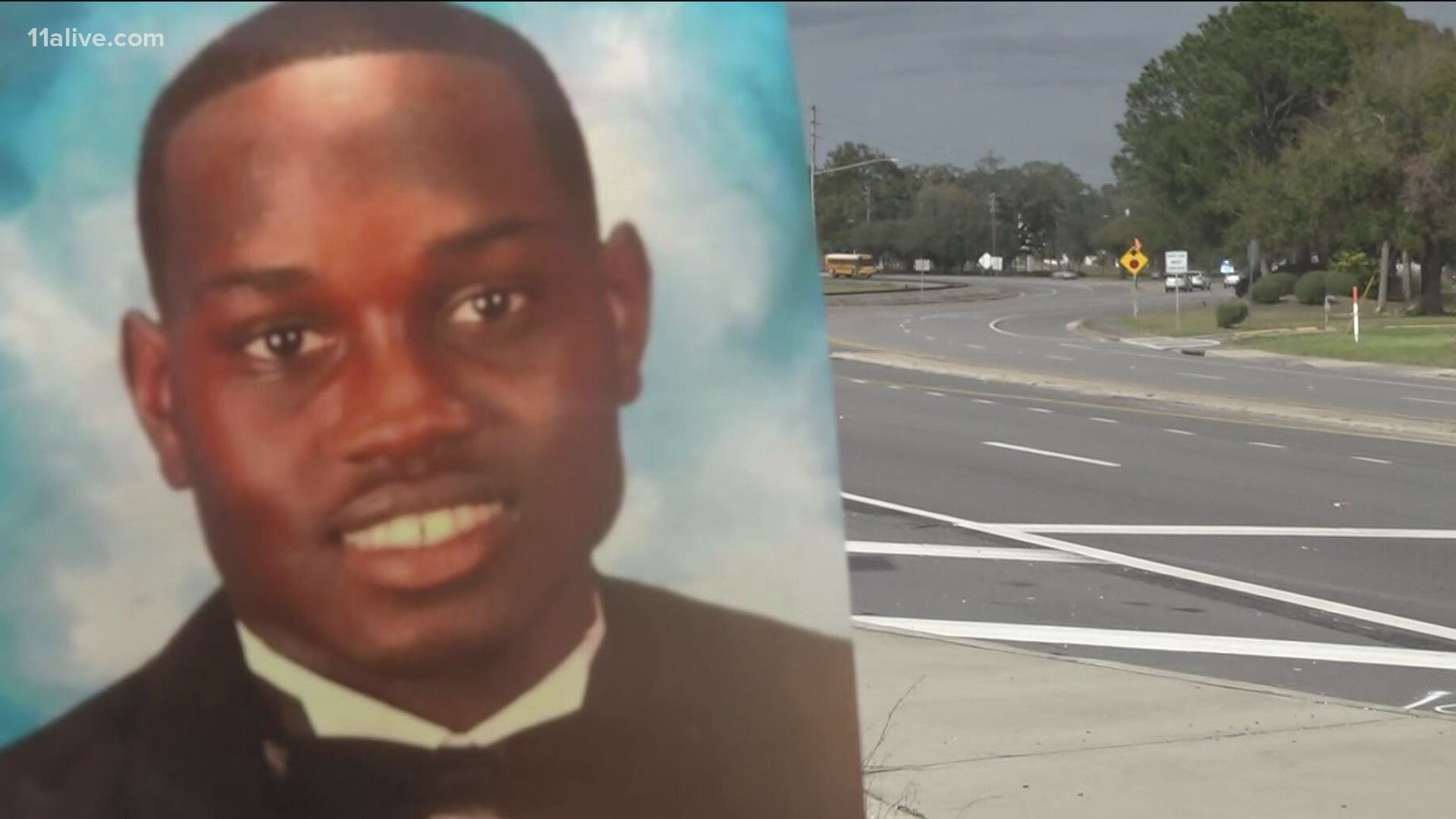BRUNSWICK, Ga. — After he helped inspire a foundational shift in social commitment to racial equity, and forced Georgia to treat hate as a crime, and before a trial is set to begin that will adjudicate the role of the men charged with killing him, it's worth remembering that we were not supposed to know Ahmaud Arbery's name.
That is the first place to start in the trial of the killing of Ahmaud Arbery, for there are indications there would be no trial of his killing if a video had not emerged of it more than two months after his death.
To understand the force of Arbery's death, and the anger and sorrow that followed it, is to understand that central element of the case.
The prosecuting authorities first involved told police it was not necessary to arrest the white 34-year-old who shot Arbery, Travis McMichael, and his father, Gregory McMichael.
The dad had a background in law enforcement and was once an investigator in the now former Brunswick District Attorney Jackie Johnson's office, and the pair were not considered flight risks.
The DA's office where Gregory McMichael had worked, citing a conflict of interest, sent the case to a neighboring district attorney. That prosecutor, George Barnhill, had already determined the shooting was "justifiable" and there was no reason to arrest either the father, son, or third man involved - William "Roddy" Bryan, who recorded the killing.
Then the case sat.


There is no indication in the known record that there was any intention to move the case along from there. On the contrary, a letter Barnhill sent to Glynn County Police more than a month later indicates it was only by the agitation of Arbery's mother, Wanda Cooper, that things moved along.
And a month after that, the world saw the video.
Those events are what made the killing of Ahmaud Arbery symbolic. More than a murder case, many believed his death became about the fact that white men could extrajudicially pursue and kill a Black man based on their own suspicions, and the legal system could effectively give them it's blessing.
That's why his name rang out with those of George Floyd and Breonna Taylor around the country last year, and why Georgia both now has a hate crimes law and no longer has a citizen's arrest law.
Whatever the outcome in the trial of the McMichaels and Bryan that will commence next week, the history written about Arbery will first reflect that.
How we got here
In a legal sense, the facts of this case will not much be in dispute.
The incident was captured on video, and it did not take very long to play out.
Authorities said Arbery was running through the Satilla Shores neighborhood in Glynn County, near Brunswick, on Feb. 23, 2020 when father and son Gregory McMichael and Travis McMichael left their home and began pursuing him. The McMichaels got ahead of him in their truck and blocked the road while a third man, William "Roddie" Bryan, followed and helped effectively pin him in.


Bryan filmed the incident from his following car.
The video taken by Bryan shows Travis McMichael got into a struggle with Arbery, who tried to run around the McMichaels' stopped vehicle blocking the road, and shot him.
Afterward the McMichaels claimed they were attempting a citizen’s arrest, finding Arbery suspicious after there had been a string of thefts they’d reported in the area. Surveillance video from surrounding properties later showed Arbery wasn't doing anything out of the ordinary when the McMichaels began chasing him.
A house under construction he momentarily stepped into and looked around at was a frequent stopping point for people on walks or jogs through the neighborhood - the lawyer for the owner of the property later telling 11Alive there was a water source on site that people sometimes tried to get a drink from.
And so, this case will not be about what we largely already know happened with the events leading to Arbery’s death. It will be about interpretations.
Was it unreasonable for the McMichaels to begin chasing him? Was it criminal? Do their actions constitute malice murder, the most serious type of murder charge in Georgia? Do Bryan’s?
How will accusations of racial animus, like Travis McMichael allegedly calling Arbery a “f****** n-word” after shooting him, be judged?
The jury will not be asked to weigh the significance of Arbery’s death, or to consider its social and political implications.
They will be asked fundamental questions about the actions of the McMichaels and Bryan, about whether there was “no considerable provocation” when they killed Arbery and whether they displayed “an abandoned and malignant heart” in doing so, as Georgia law defines the parameters of malice murder.
The jurors’ answers will determine how the case is decided. Jury selections begins Oct. 18, 2021.

